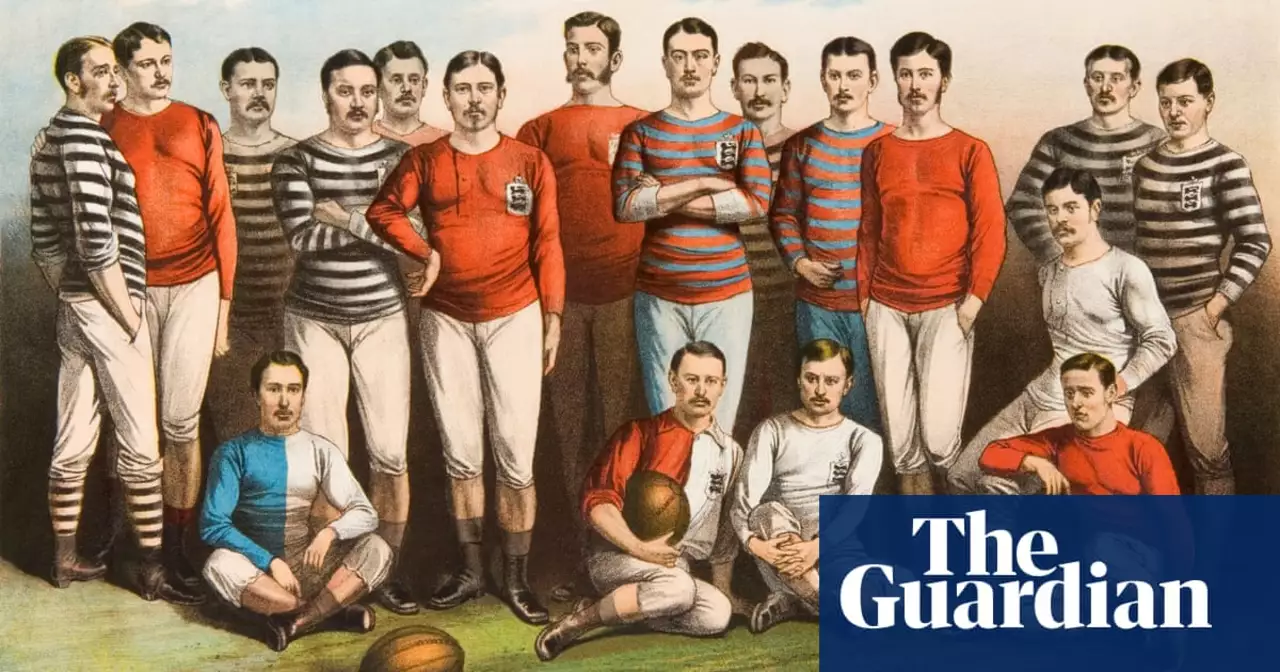Sports History: Legends, Leagues & Legacy
When diving into sports history, the chronicle of games, clubs, and moments that have defined athletics over the years. Also called historical sport events, it lets fans trace how traditions evolve.
One of the biggest chapters in that story is the Premier League, England’s top‑flight football competition since 1992. Its rise reshaped broadcasting, sponsorship, and the global fan base. When Arsenal clashed with West Ham at the Emirates, the odds towered at 78%, a stat that reflects how the league’s intensity fuels betting markets and media buzz.
Club rivalries give sports history its drama. West Ham, a historic London side known for its passionate supporters often finds itself in heated derbies, like the recent half‑and‑half scarf ban for the Tottenham clash. Such moments show how fan culture, security concerns, and club identity intertwine, creating stories that last generations.
On the world stage, the FIFA World Cup, the premier international football tournament held every four years stands as the ultimate benchmark. Every edition adds layers to sports history – from iconic goals to political undercurrents – and informs how modern leagues market themselves.
Player legacies also drive the narrative. Lionel Messi, Argentinian forward renowned for his dribbling, vision, and record‑breaking trophies has turned ordinary matches into unforgettable spectacles. Whether flashing brilliance for Inter Miami in MLS or recalling his Barcelona exploits, his career links different continents and eras, illustrating the global thread in sports history.
Beyond the pitch, tangible relics keep the past alive. Vintage scarves, ticket stubs, and signed jerseys form a niche of sports memorabilia that collectors chase. Items like a 1996 Premier League scarf or a limited‑edition World Cup pin become portable stories, connecting owners to moments they never witnessed.
Leagues outside football also contribute rich chapters. Major League Soccer (MLS) has grown from a fledgling experiment to a platform where stars like Messi test new markets. Meanwhile, the NFL’s rotating practice sites illustrate how logistics, climate, and fan outreach shape team preparation. These leagues show that sport’s evolution isn’t limited to one continent or code.
Regulation changes often spark debate, adding another layer to the historical record. The recent ban on mixed‑color scarves for a London derby reflects wider safety policies and how clubs balance tradition with modern security needs. Such decisions become reference points for future governance discussions.
Data and analytics now sit at the heart of sports history. Betting odds, like the 78% win probability for Arsenal, offer a statistical snapshot that fans and historians can compare across seasons. Advanced metrics help decode why certain tactics succeed, turning anecdotal recollection into evidence‑based insight.
All these threads—leagues, players, fan artifacts, rules, and numbers—interlace to form the vibrant tapestry of sports history. Below you’ll find a curated list of articles that dive deeper into specific matches, league developments, player profiles, and the cultural moments that have shaped the game we love today.
Were there any organized team sports prior to the 19th century?
As a blogger, I was curious to know if there were any organized team sports prior to the 19th century. After some research, I discovered that there indeed were! Examples include ancient Greek sports like chariot racing and the Olympic Games, as well as traditional Chinese sports like cuju, an early form of soccer. In Europe, medieval games like hurling and mob football were played, and even Native American communities enjoyed team sports such as lacrosse. It's fascinating to learn that organized team sports have been around for centuries, bringing people together and fostering a spirit of friendly competition.
